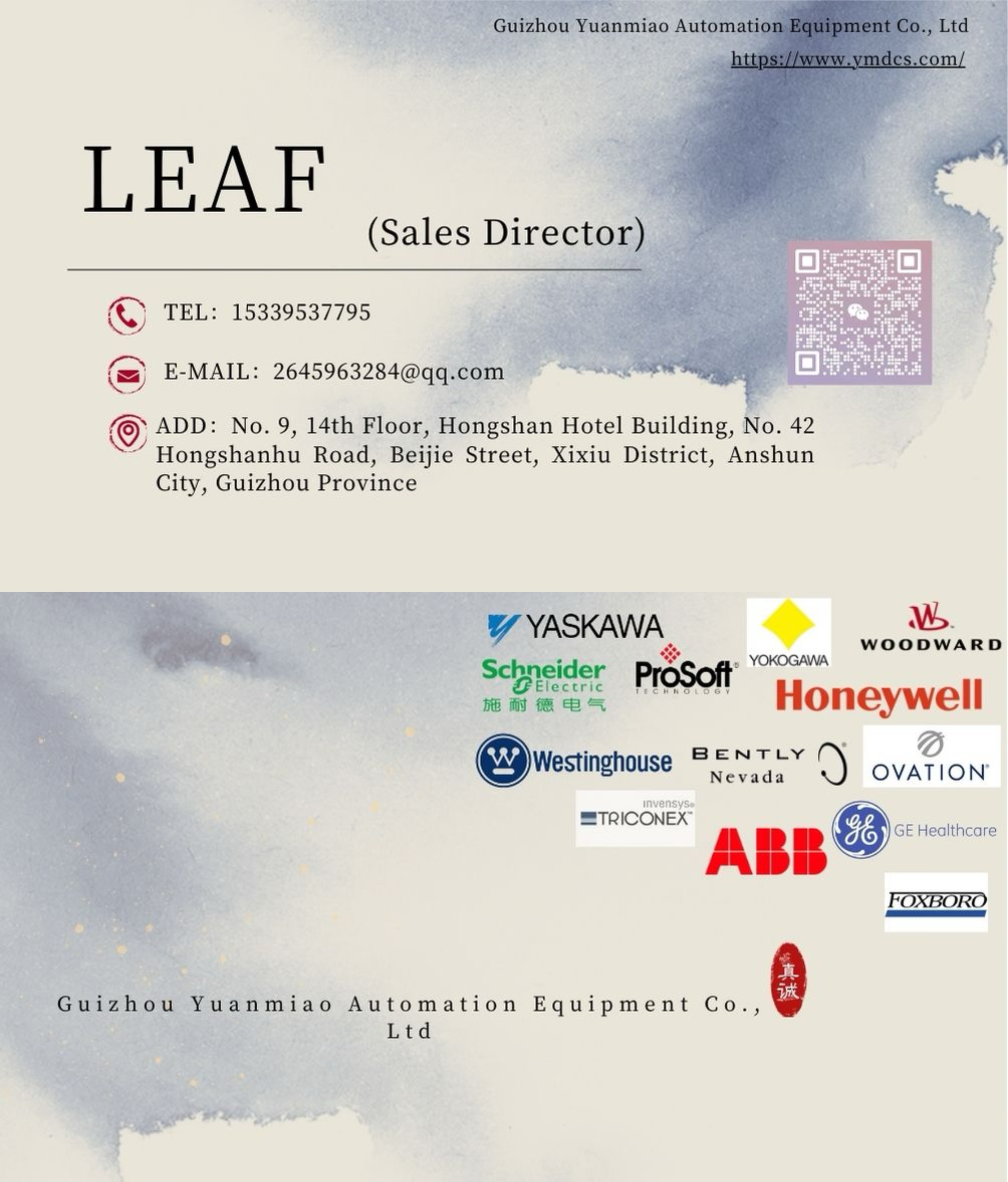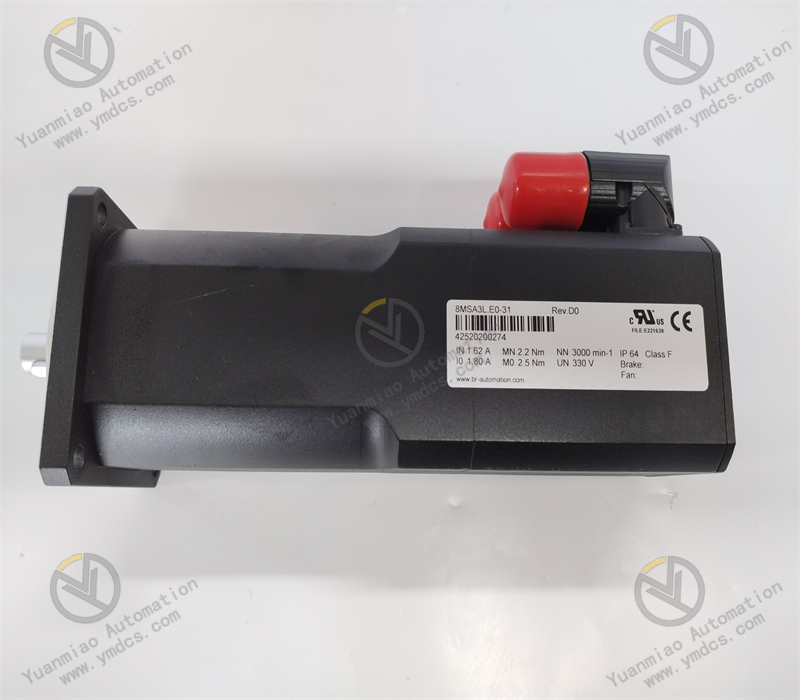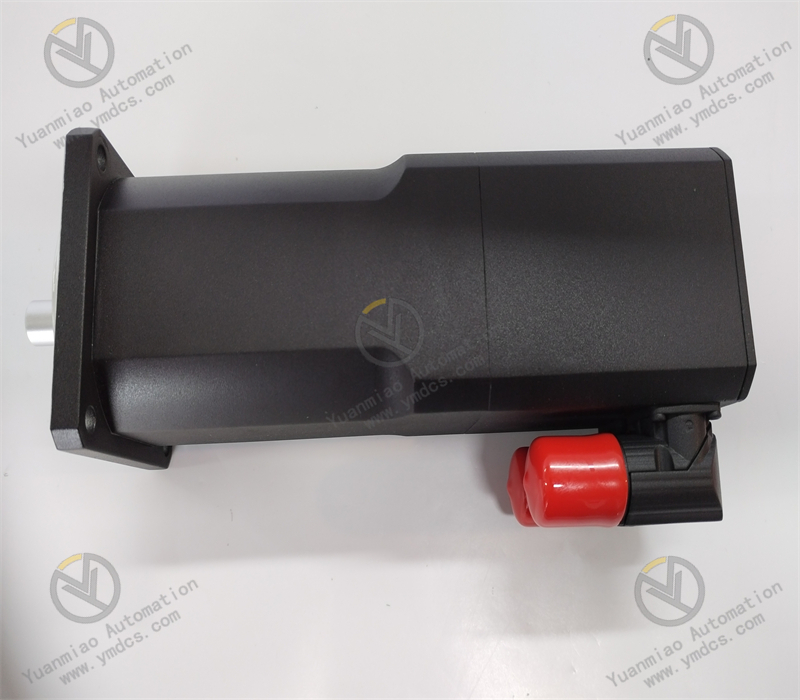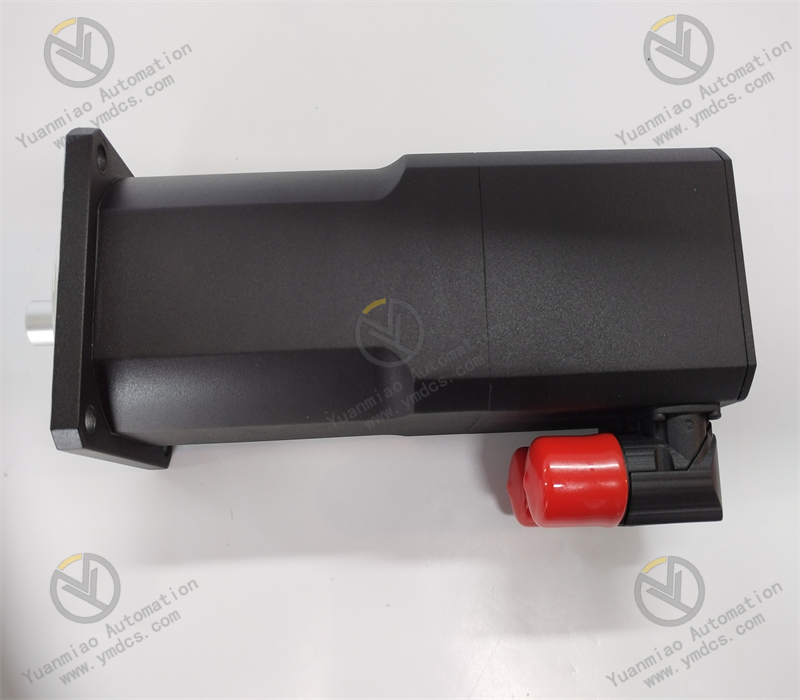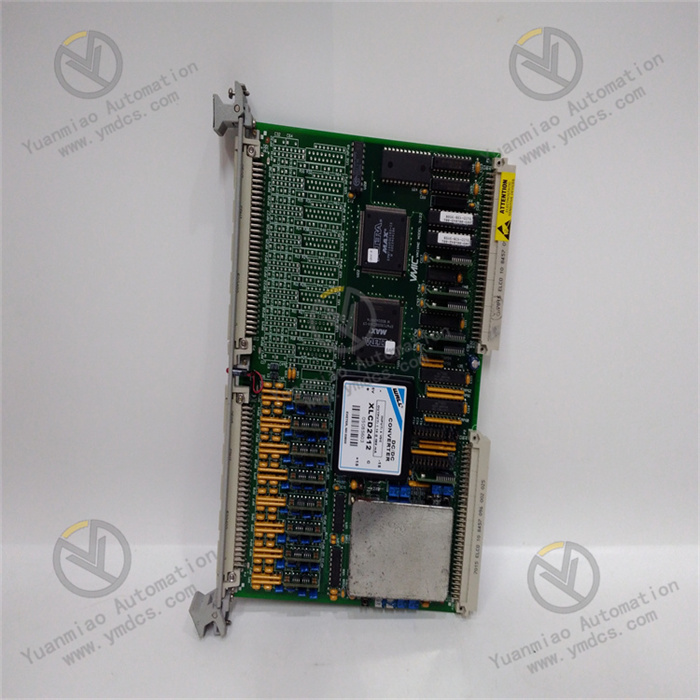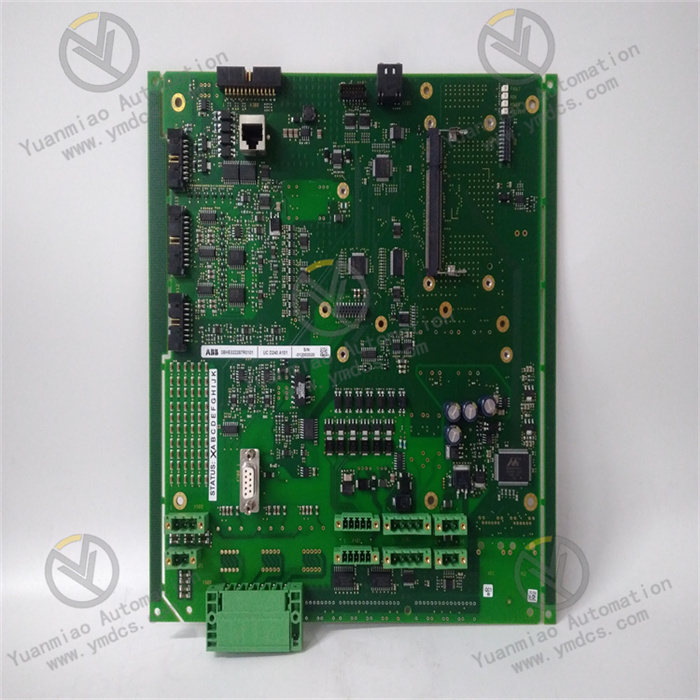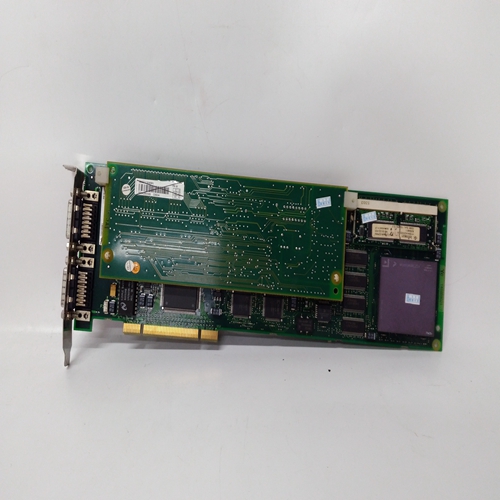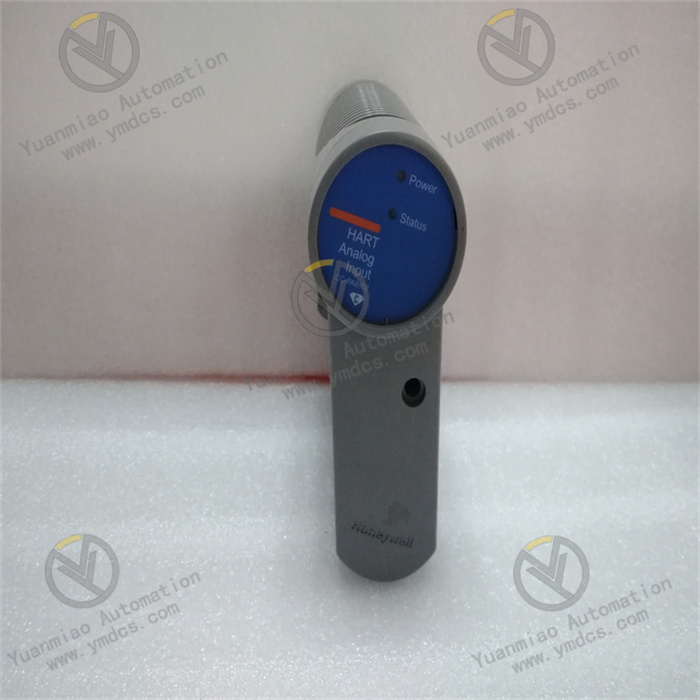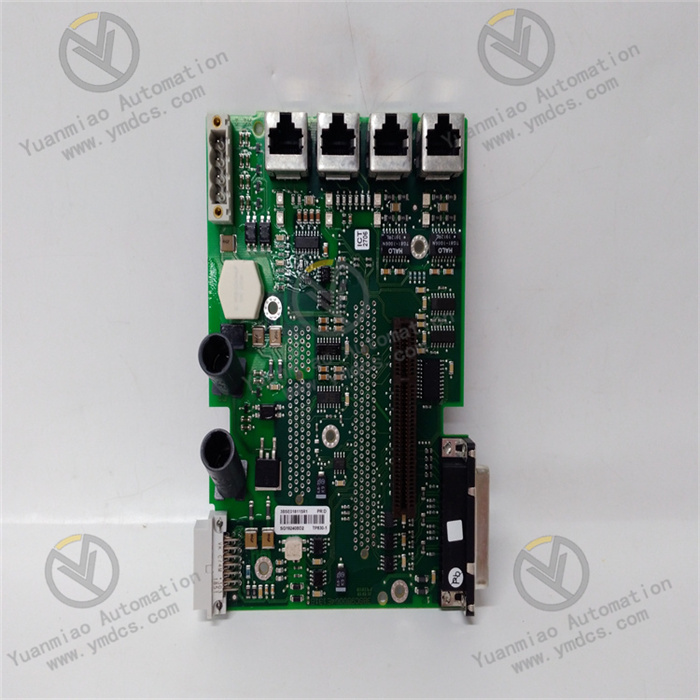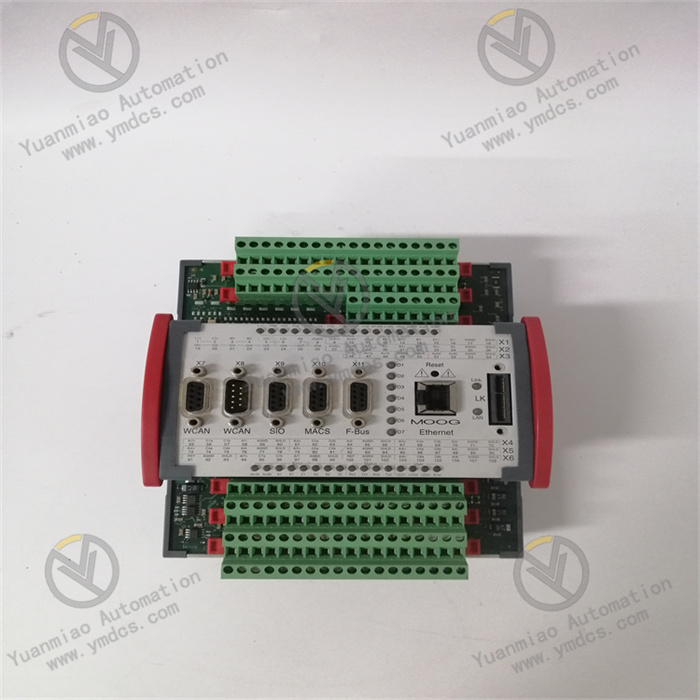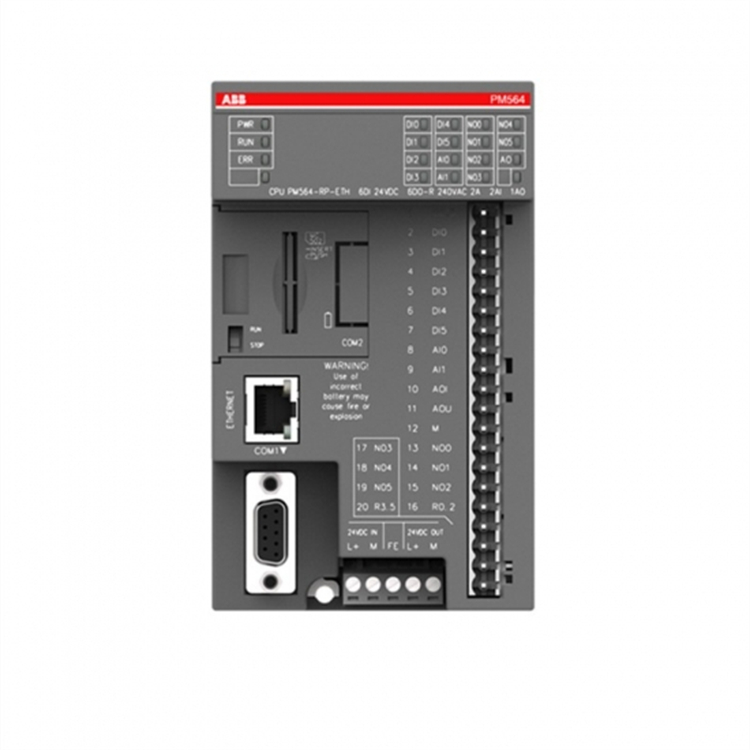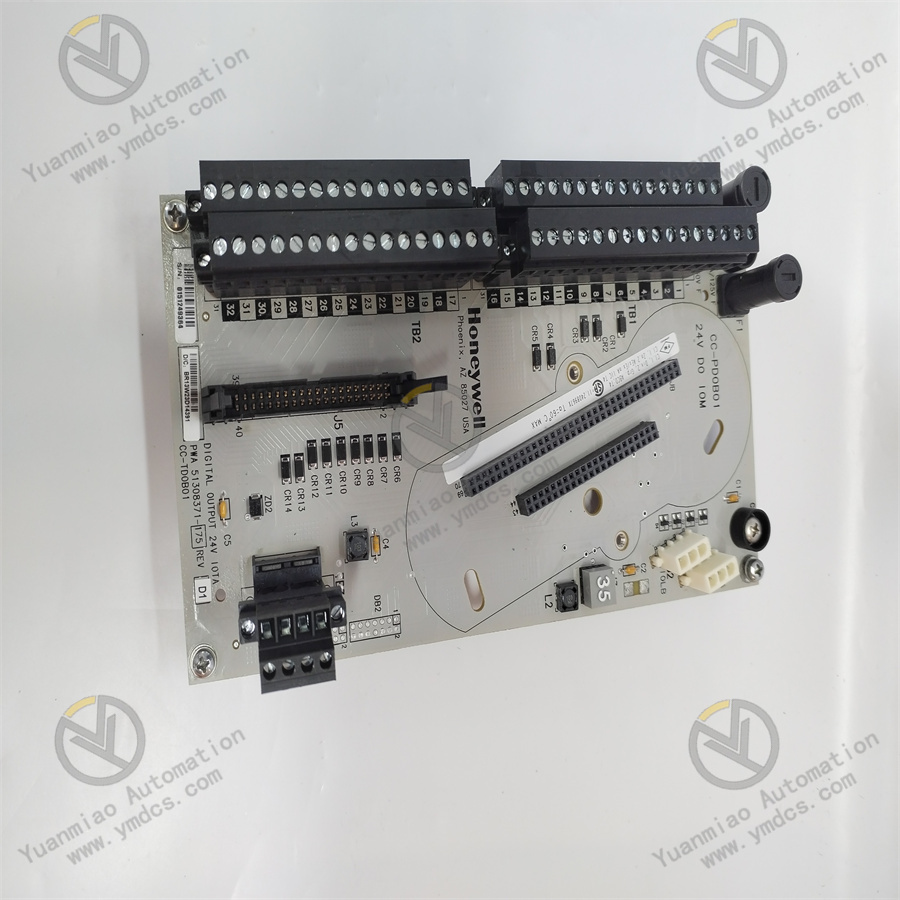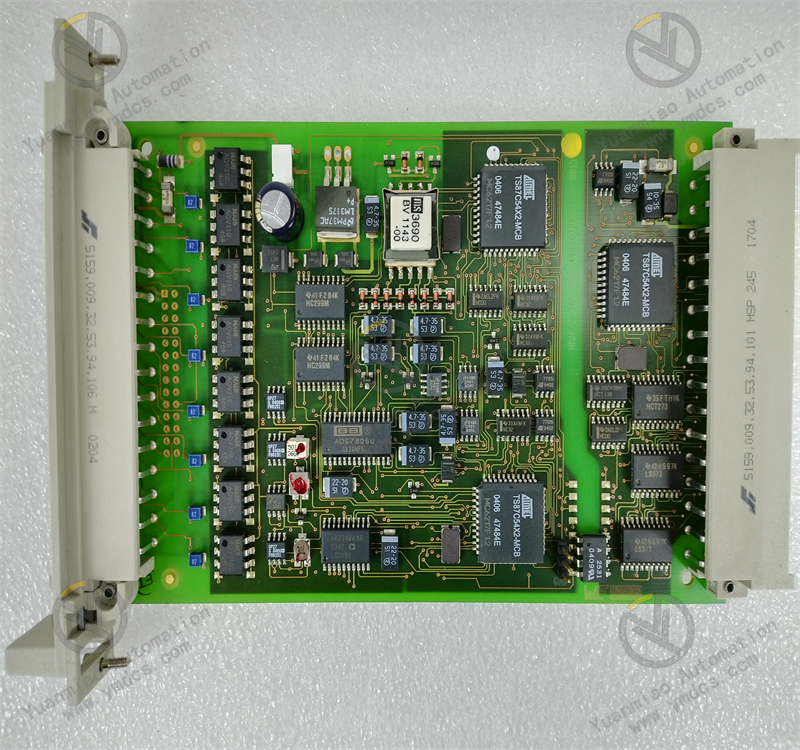Description
B&R 8MSA3L.E0-31 Servo Motor:
- 8M may represent the servo motor series (such as B&R's MSA series servo motors).
- 3L may correspond to the frame size or power rating (e.g., Frame 3, where L denotes long shaft or high-power version).
- E0 may indicate the encoder type or electrical interface (e.g., E0 is a standard magnetic encoder).
- 31 may represent voltage specifications, version number, or other customized parameters (e.g., 31 corresponds to 230V single-phase or 380V three-phase power input).
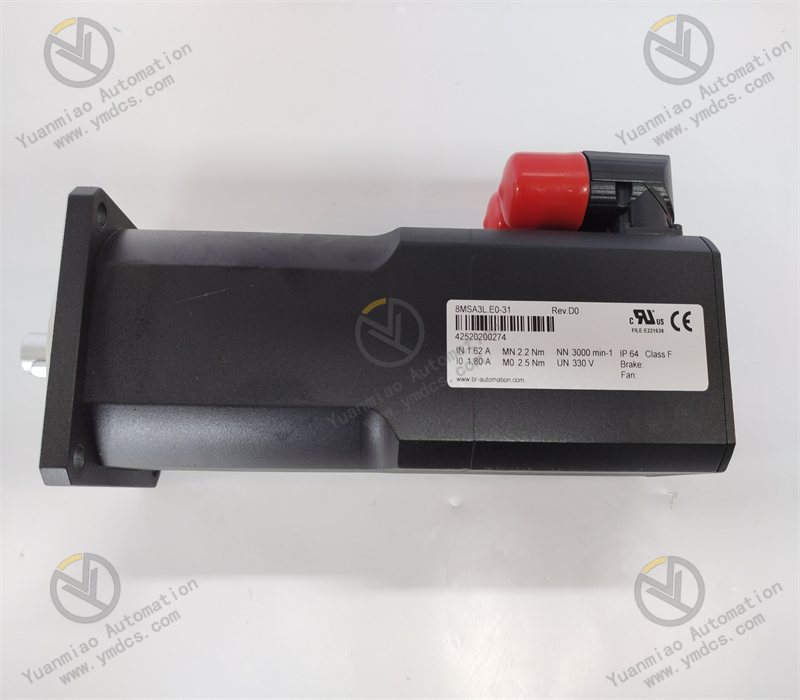
2. Technical Parameters
| Parameter Category | Speculation |
|---|---|
| Product Series | MSA series servo motors (for high-precision industrial automation) |
| Frame Size | Frame 3 (common size: 35mm flange side length, suitable for small-to-medium equipment) |
| Power Range | Approximately 0.5~2kW (typical power for Frame 3; specific details depend on suffix model segmentation) |
| Rated Speed | 3000~6000 rpm (for high-dynamic response scenarios) |
| Encoder Type | E0 may correspond to a magnetic encoder (high-precision position feedback, resolution up to 20 bits or higher) |
| Protection Class | IP65 (dust-tight and water jet-proof, suitable for industrial environments) |
| Voltage Specifications | - In E0-31, 31 may correspond to 230V single-phase / 380V three-phase power input |
| Communication Interface | Supports industrial buses such as CANopen and Ethernet POWERLINK (requires B&R drives) |
| Protection Functions | Overload protection, overheat protection, encoder fault detection |
| Application Scenarios | Automated production lines, precision machining, robot joints, packaging machinery, etc. |
3. Operation and Maintenance Recommendations (General Principles)
If it is a servo motor, refer to the operation and maintenance logic of B&R's similar products:
1. Installation and Connection
- Mechanical Installation:
- Ensure the installation surface is flat, and use a torque wrench to tighten bolts according to specifications to avoid loosening due to vibration.
- Reserve heat dissipation space to prevent the motor from operating in high-temperature environments (>40°C) for extended periods.
- Electrical Connection:
- Power cables must match the motor's power (e.g., a 2kW motor is recommended to use cables with a cross-sectional area ≥1.5mm²).
- Encoder cables must be shielded and kept away from power cables to reduce electromagnetic interference.
- Ground terminals must be reliably connected to comply with EMC specifications.
2. Parameter Setting (Requires Matching with B&R Drives like ACOPOS Series)
- Motor Identification: Automatically identify the motor model through the drive software and load default parameters.
- Control Loop Parameters:
- Speed Loop Proportional Gain (P): Adjust the motor's response speed to speed commands; excessively high values may cause oscillations.
- Position Loop Proportional Gain (P): Affects positioning accuracy and needs to be matched to the load inertia.
- Protection Parameters:
- Set current limits (e.g., 150% of rated current) and overheat thresholds (e.g., alarm when motor temperature >80°C).
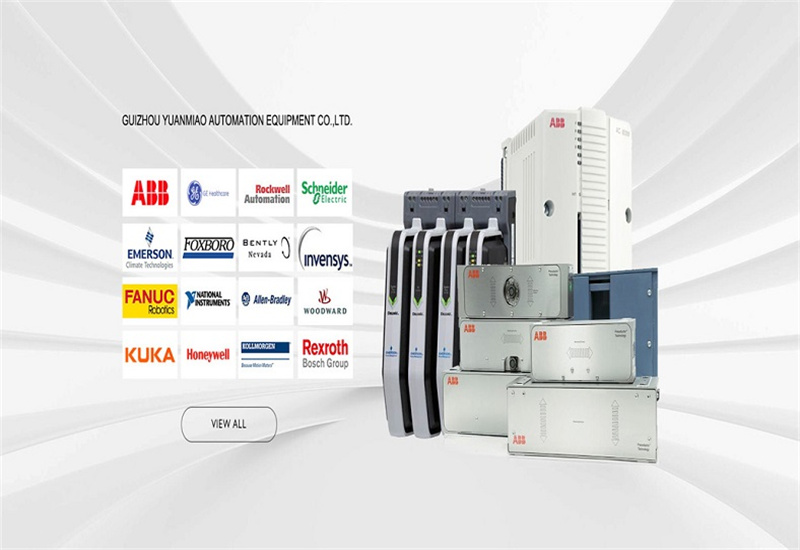
3. Debugging and Trial Operation
- Manual Testing: Send jog commands via the drive's operation panel or host computer to check if the rotation direction and speed are normal.
- Automatic Operation: Use B&R Automation Studio to write motion programs (such as ladder diagrams, ST language) and test functions like positioning and interpolation.
- Vibration Detection: Monitor the motor's noise during operation. If abnormal squealing or shaking occurs, adjust control parameters or inspect mechanical installation.
4. Daily Maintenance
- Cleaning: Regularly blow dust off the motor surface with compressed air to prevent cooling holes from clogging.
- Cable Inspection: Monthly check power and encoder cables for wear or loose connections.
- Bearing Lubrication: For grease-filled bearings, replenish lubricating grease every 10,000 operating hours.
- Performance Calibration: Annually calibrate encoder accuracy using a laser interferometer to ensure long-term positioning accuracy.
